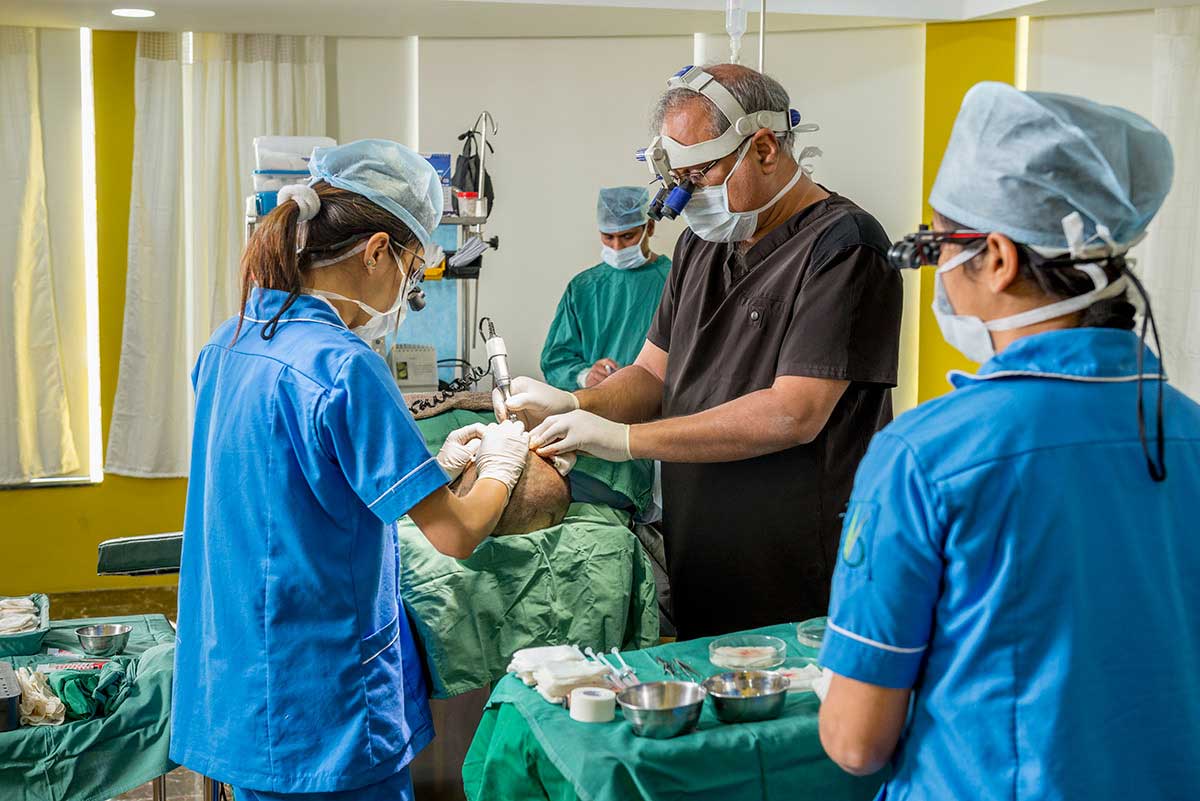The Rossi Study darling buds clinic
In 2011, a landmark study led by Dr. Alfredo Rossi became the first thorough investigation into the long-term safety and efficacy of Finasteride (1 mg daily, marketed as Propecia) for treating androgenetic alopecia. This study aimed to address the lack of data on the extended use of Finasteride, tracking 118 men aged 20 to 61, all of whom had mild to moderate hair loss. These participants were evaluated at baseline and then again after 1, 2, 5, and 10 years of continuous treatment.
The results were overwhelmingly positive. Over the 10-year period, 86% of patients experienced maintained or improved hair growth, while only 14% saw a worsening of their hair loss. Importantly, the drug’s effectiveness did not decline over time. Notably, those who showed significant hair growth during the first year of treatment were much more likely to experience continued improvement after 5 and 10 years. About half of the participants had noticeable hair growth in the first year, and 69% of this group continued to benefit after a decade.
One key takeaway from the study is that the response in the first year serves as a strong predictor of long-term success. Patients who respond positively early on are much more likely to see sustained benefits.
Additionally, the study found that age played a role in outcomes, with patients over 30 showing better long-term results. Regarding side effects, only 5.9% of participants reported any, and most chose to continue treatment due to the perceived benefits.
In conclusion, the research confirmed that Propecia is both safe and effective for long-term use, especially for those who see early results and for patients over 30 who are in the early stages of hair loss.


